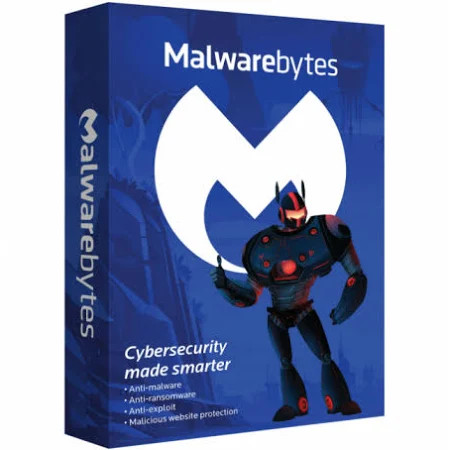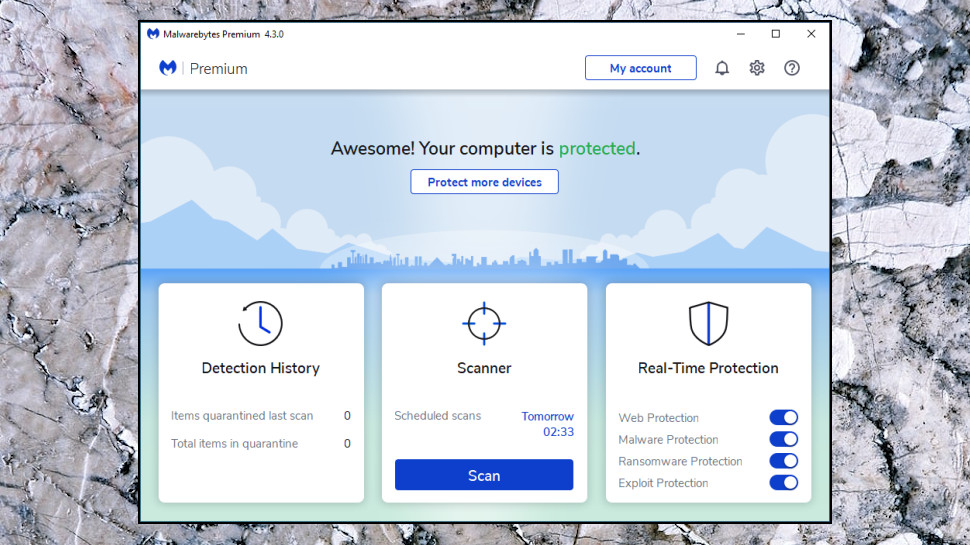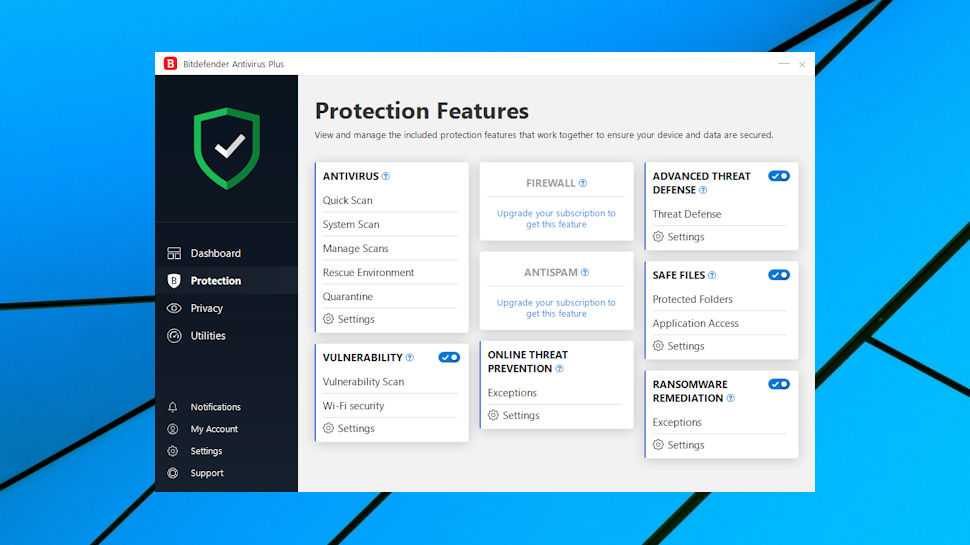You may have heard the terms antivirus and anti-malware bandied about here and there in reference to different pieces of security software, and found this confusing. That's entirely understandable.
Aren’t these the same thing, more or less? Isn’t malware something that an antivirus attempts to keep off your PC anyway? While the latter might be true, there are differences between an anti-malware tool and an antivirus app - and that’s exactly what we’re going to dig into in this feature.
The gist of it is that malware removal software offers a more focused and specialized kind of protection, whereas antivirus is more generalized with a broader range of features (sometimes including extras that you might expect to only find in a more advanced internet security suite).

Malwarebytes Premium is today's best anti-malware tool
Save 25% on your security Sometimes free software just isn't enough. Malwarebytes Premium is reasonably priced and uses heuristic analysis to identify new strains of malware, cleans up existing infections, helps protect you from phishing scams, and helps stop you downloading further malicious software.
Anti-malware: focused protection
In short, anti-malware tools are sharply focused on protecting your device against malware. It's as simple as that.
They are built to keep an eye out for brand new threats – those which stand a better chance of evading the monitoring of an antivirus app – and specialize in 'behavioral detection', looking out for any suspicious activity and defending against those newer (and perhaps more sophisticated) threats or possible exploits out there.
But they're not just a one-trick pony. The best anti-malware tools, like our top pick Malwarebytes, are designed to defend against malware, watch over your system and deliver the likes of web protection.

Anti-malware software is also designed to hunt out malware which may have already sneaked onto your system (perhaps successfully evading an antivirus).
If you suspect that your PC has been infected with malware – maybe it’s started to run mysteriously sluggishly, for example – you can install malware removal software alongside an antivirus, and it can scan (using its laser-focused malware detection powers) to attempt to locate and remove the threat. In this way, anti-malware operates as a second line of defense alongside a traditional antivirus program.
However, it's worth pointing out that anti-malware software does lack some of the additional security features and assorted countermeasures you might find with antivirus apps...
Antivirus: umbrella protection
Antivirus apps provide a more general kind of protection for your system. Let’s clear up one thing first: ‘antivirus’ is a misnomer, because to some folks it might suggest that the application only guards against viruses – which are a specific type of malware. In fact, antivirus apps defend against all kinds of malware these days.
An antivirus should offer capable real-time protection against malware, using a library of (regularly updated) malware definitions to spot threats, but it’ll also utilize heuristic analysis to give users behavioral detection as well, picking up on undiscovered pieces of malicious software freshly introduced to the wild. However, anti-malware goes further in majoring in this behavioral and anomaly detection, as we mentioned above.
With these programs, you don’t just get the core antivirus engine defending against malware on multiple fronts, but antivirus apps often deliver extra security features such as a secure browser (for your online banking, for example): maybe a password manager, perhaps even some basic parental controls to keep your kids safe online, or a limited VPN. Some of those capabilities can be very useful, depending on your exact needs of course.

How are anti-malware tools different from regular antivirus?
To summarize, these two categories of software share a lot in common, but the key difference is that anti-malware delivers specific, targeted protection – and malware removal capability – whereas antivirus works to guard your system on a more general level.
So, it’s kind of horses for courses here. And the good thing is that there’s nothing stopping you from running both horses side-by-side.
That’s because a quality anti-malware like Malwarebytes is designed so it can run alongside an antivirus without causing any conflicts, effectively giving you two layers of defense. A multi-layered approach to security can certainly confer benefits for the more cautious, as on a basic level, there’s simply more chance that any given threat – particularly a new one with an anti-malware tool on the case – will be caught.
Doubling up in this respect is certainly a prospect worth considering, and a way of delivering the most surefooted protection for your device. Just ensure that you choose a good antivirus and a reputable anti-malware app in both cases.
- Discover more in our independent Malwarebytes reviews
- Get backed up safely with secure cloud storage solutions
- The big question...Is free antivirus safe?
No comments:
Post a Comment